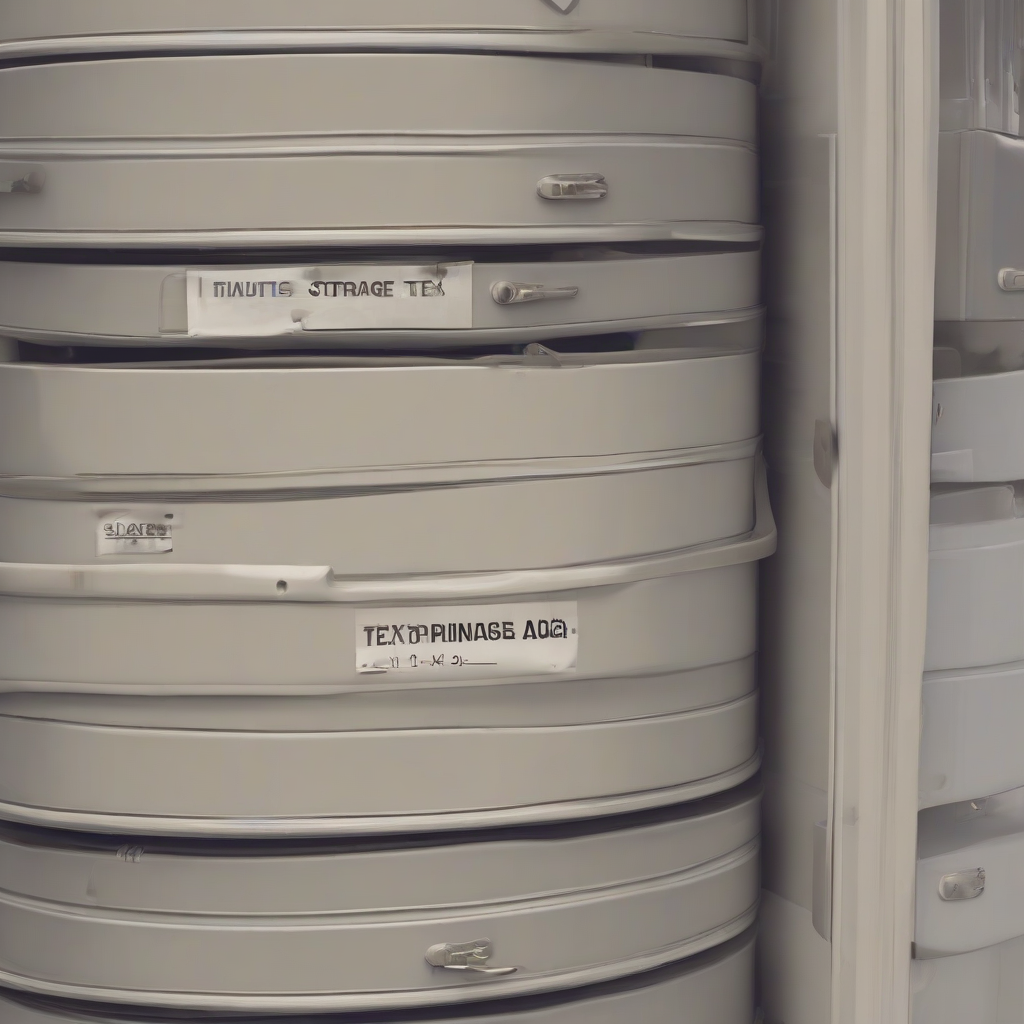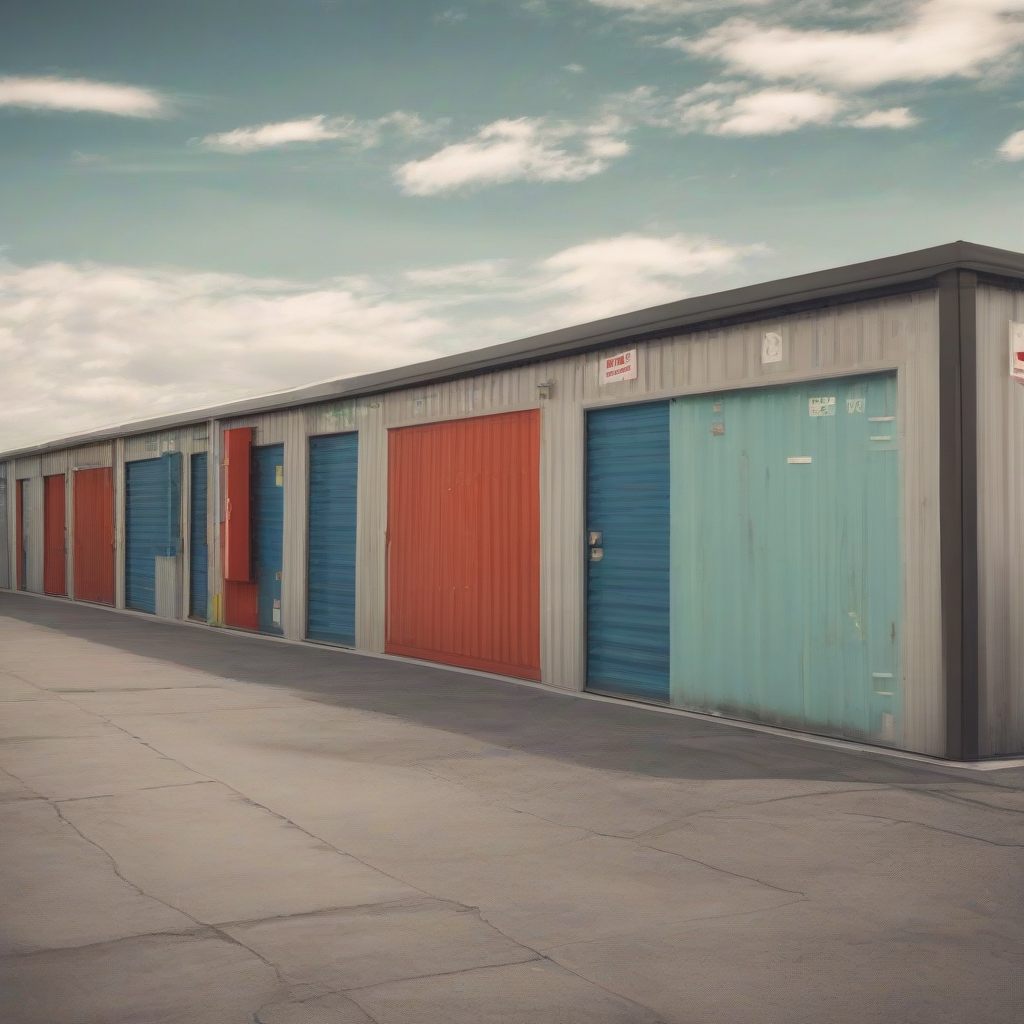Your Ultimate Guide to Storage Units in Palm Bay: Finding the Perfect Space for Your Needs
Finding the right storage unit in Palm Bay can feel overwhelming. With so many options available, it’s crucial to understand your needs and choose a facility that meets your specific requirements. This comprehensive guide will walk you through everything you need to know to make an informed decision.
Understanding Your Storage Needs
- What are you storing? Consider the size and type of items. Are you storing furniture, documents, seasonal items, or business inventory? This will significantly influence the size and type of unit you’ll need.
- How long will you need storage? Short-term storage often comes with higher per-month costs, while long-term contracts usually offer discounts. Knowing your timeline helps you budget effectively.
- What’s your budget? Storage unit prices vary considerably based on size, location, amenities, and contract length. Setting a realistic budget beforehand prevents unpleasant surprises.
- Accessibility? How often will you need to access your belongings? Consider the facility’s hours of operation and ease of access.
- Security features? Prioritize facilities with robust security measures, including surveillance cameras, secure access gates, and climate-controlled units if needed to protect sensitive items.
Types of Storage Units Available in Palm Bay
Palm Bay offers a diverse range of storage solutions, catering to various needs and budgets.
- Indoor Units: These provide protection from the elements and are generally more secure than outdoor units. They come in various sizes, from small lockers to large units suitable for entire household contents.
- Outdoor Units: These are typically less expensive than indoor units, but offer less protection from weather and potential damage. They are suitable for storing items less susceptible to damage from the elements.
- Climate-Controlled Units: Ideal for sensitive items like furniture, electronics, and artwork that are vulnerable to temperature and humidity fluctuations. These units maintain a consistent temperature and humidity level.
- Drive-Up Units: Offer convenient access directly from your vehicle, making loading and unloading easier, particularly for bulky items.
- Self-Storage Units: The most common type, where you have full access to your unit and manage your belongings independently.
Factors to Consider When Choosing a Storage Facility in Palm Bay
Beyond unit type, several other factors should influence your decision.
- Location and Convenience: Choose a facility that’s easily accessible and conveniently located to minimize travel time.
- Reputation and Reviews: Check online reviews and ratings from previous customers to gauge the facility’s reputation for cleanliness, security, and customer service.
- Insurance Options: Inquire about insurance coverage options. Many facilities offer insurance plans to protect your belongings in case of damage or loss.
- Contract Terms and Fees: Carefully review the contract terms, including the rental agreement, late fees, and early termination policies.
- Facility Amenities: Consider amenities like moving supplies, dollies, carts, and packing materials. Some facilities even offer packing and moving services.
- Security Measures: Look for facilities with 24/7 surveillance, secure access gates, and well-lit premises.
- Customer Service: A responsive and helpful staff can make a significant difference, particularly if you encounter any issues.
Tips for Saving Money on Storage Units in Palm Bay
Storage can be expensive; here are some tips to help you save money.
- Compare Prices: Shop around and compare prices from different facilities before making a decision.
- Negotiate Rates: Don’t hesitate to negotiate with the facility manager, especially for long-term contracts.
- Choose a Smaller Unit: Only rent the space you need. Avoid renting a larger unit than necessary to save money.
- Take Advantage of Promotions: Many facilities offer seasonal promotions and discounts, so keep an eye out for these deals.
- Pay in Advance: Some facilities offer discounts for paying several months’ rent upfront.
- Declutter Before Storing: Getting rid of unwanted items before storing will reduce the size of the unit you need.
Protecting Your Belongings While in Storage
Proper packing and preparation are vital to ensuring your items remain safe and undamaged during storage.
- Pack Smart: Use sturdy boxes, wrap fragile items carefully, and label boxes clearly.
- Elevate Items: Keep items off the floor to prevent moisture damage.
- Inventory Your Belongings: Create a detailed inventory list with photos or videos of your stored items for insurance purposes.
- Regular Inspections: Periodically check on your stored items to ensure everything is in good condition.
Finding Storage Units in Palm Bay: Resources and Tools
Numerous resources can help you locate and compare storage units in Palm Bay.
- Online Search Engines: Use search engines like Google, Bing, or DuckDuckGo to find storage facilities in Palm Bay.
- Storage Unit Comparison Websites: Utilize websites that compare prices and features of different storage facilities in your area.
- Local Directories: Check local business directories and online yellow pages.
- Word-of-Mouth Recommendations: Ask friends, family, and neighbors for recommendations.
Frequently Asked Questions (FAQs)
- What is the average cost of a storage unit in Palm Bay? The cost varies widely based on unit size, location, and amenities, ranging from a few dollars per month for small units to several hundred dollars for large units.
- What forms of payment are accepted? Most facilities accept credit cards, debit cards, and sometimes checks. It’s best to contact the facility directly to confirm.
- What are the typical contract terms? Contract lengths vary, with options ranging from month-to-month agreements to long-term contracts with discounted rates.
- Can I access my unit anytime? Access hours vary by facility. Some offer 24/7 access, while others have limited hours of operation.
- What happens if I need to extend my contract? Most facilities have policies for extending contracts, usually with a minimum notice period.


